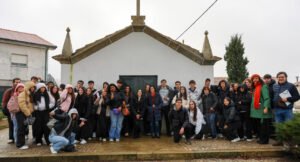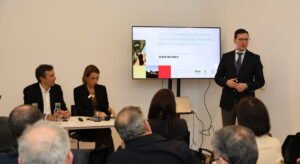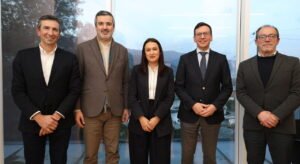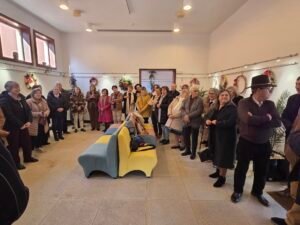A technical meeting was held on 30 October at the Faculty of Letters of the University of Porto (FLUP) as part of the PAISACTIVO cross-border project entitled ‘Policies for Good Rural Development Practices’.
This project, aimed at sustainable land management and reducing the risk of fires, will include two pilot projects, one in the village of Almofrela, in Baião, and the other in the Galician village of Infesta.
The meeting was attended by the project’s Galician partners, as well as technicians from the Municipality of Baião. It began with a visit to emblematic places in the historic centre of the city of Porto, with José Alberto Rio Fernandes, professor at FLUP and one of the people responsible for implementing this project, giving a historical contextualisation of the socio-economic fabric of the city of Porto.
The opening session was led by Telmo Pinto, first secretary of the Intermunicipal Community of Tâmega and Sousa (CIM-TS) and Rio Fernandes, who also presented some success stories that are already operating in this field, namely the example of Ostana, in Italy, a project very much centred on the natural capital of the village.
The Manual of Good Practices for the Active Management of Rural Areas was then presented by José Manuel Rocha, a PhD student in Geography at FLUP, as well as the project itself, by Nieves Rodriguéz, a researcher at the University of Santiago de Compostela and Jorge Blanco, Deputy Director of Rural and Intelligent Promotion at the Galician Rural Development Agency.
Also noteworthy were the speeches by Ester Moreira da Silva, Head of the Public Policy Team at CIM-TS and Inés Santé, Professor in the Department of Agroforestry Engineering at the University of Santiago de Compostela, who respectively addressed the issue of Smart Villages in Tâmega e Sousa, an integrated territorial development strategy that fits in with the objectives of PAISACTIVO and the planning of Galicia’s rural territory, which aims to recover abandoned farmland in the region for agricultural, livestock and forestry use, through a set of supports that seek to encourage landowners to use the land.
The conference ended with a debate, moderated by Rio Fernandes, between the speakers and the audience, most of whom were FLUP students.
On 6 November, Lugo, Galicia, will host the next PAISACTIVO meeting, with the aim of presenting these same themes to the Galician public.
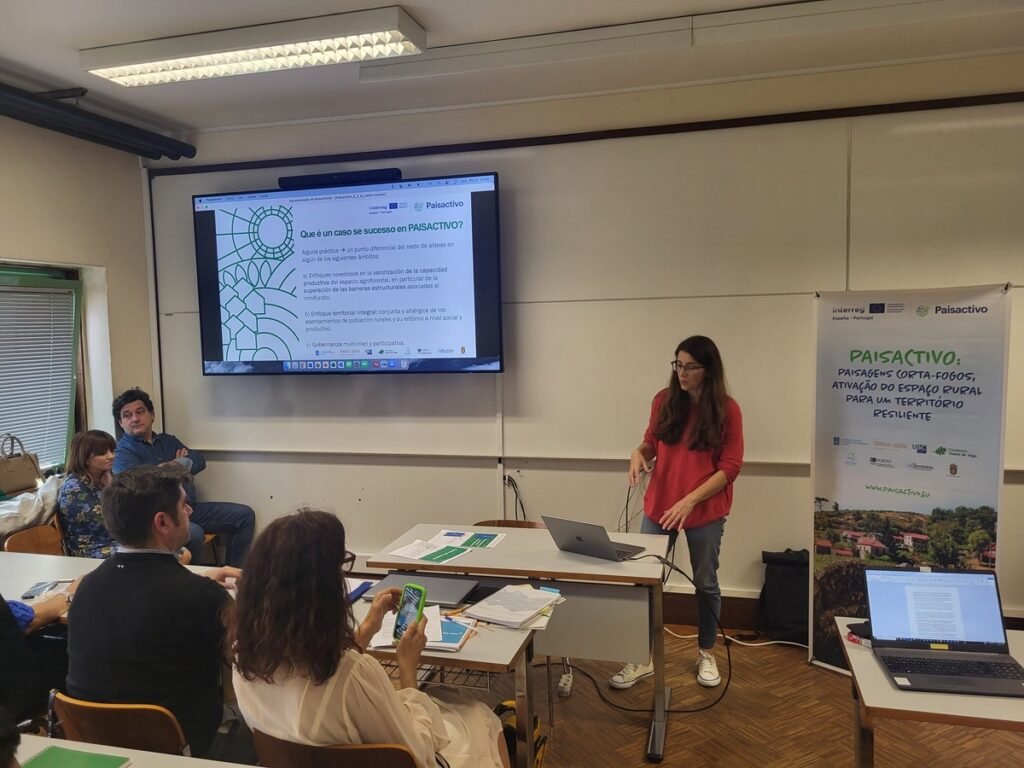
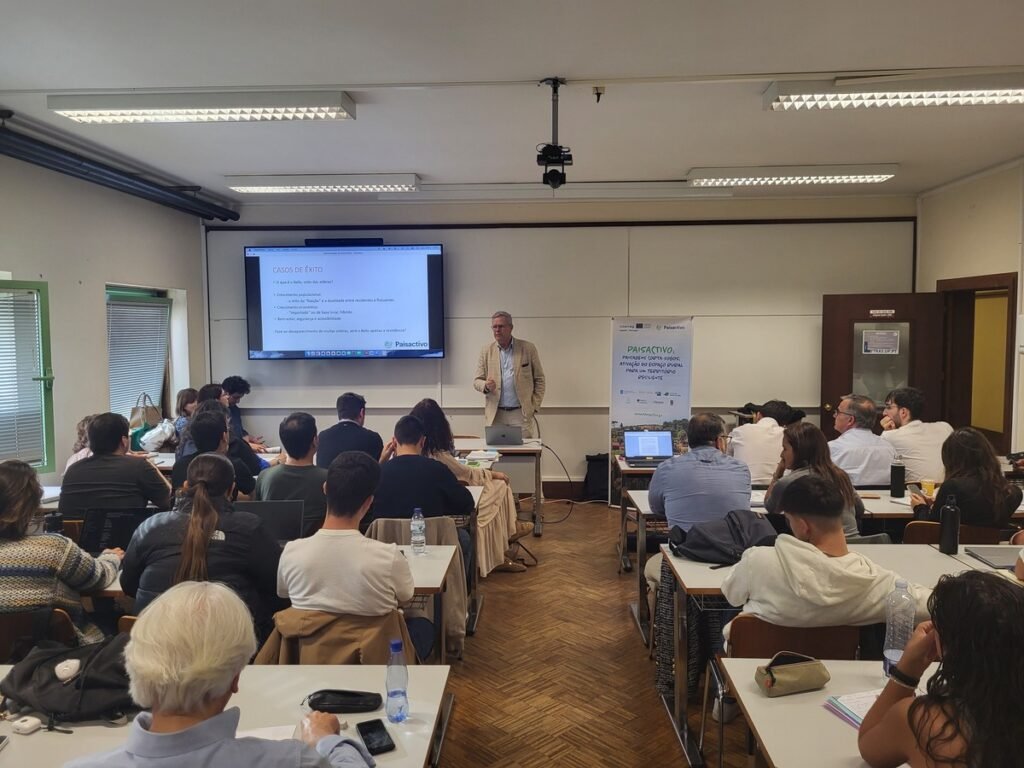
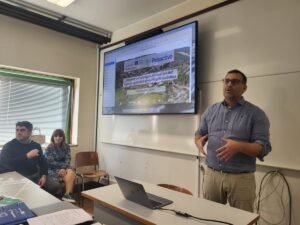
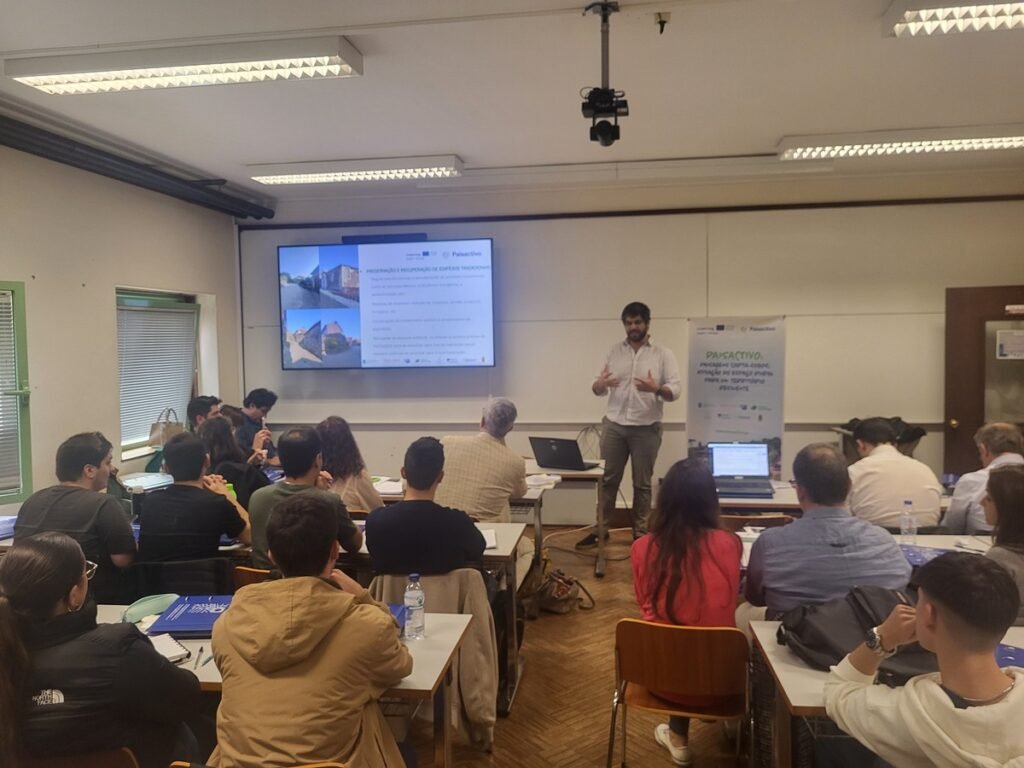
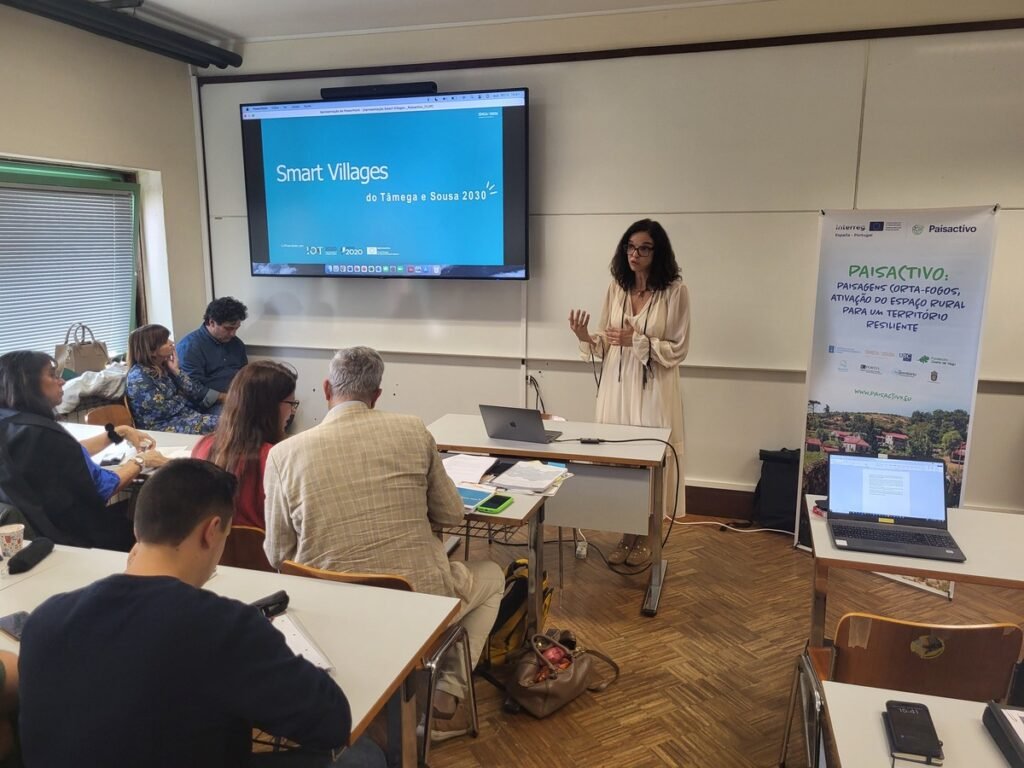
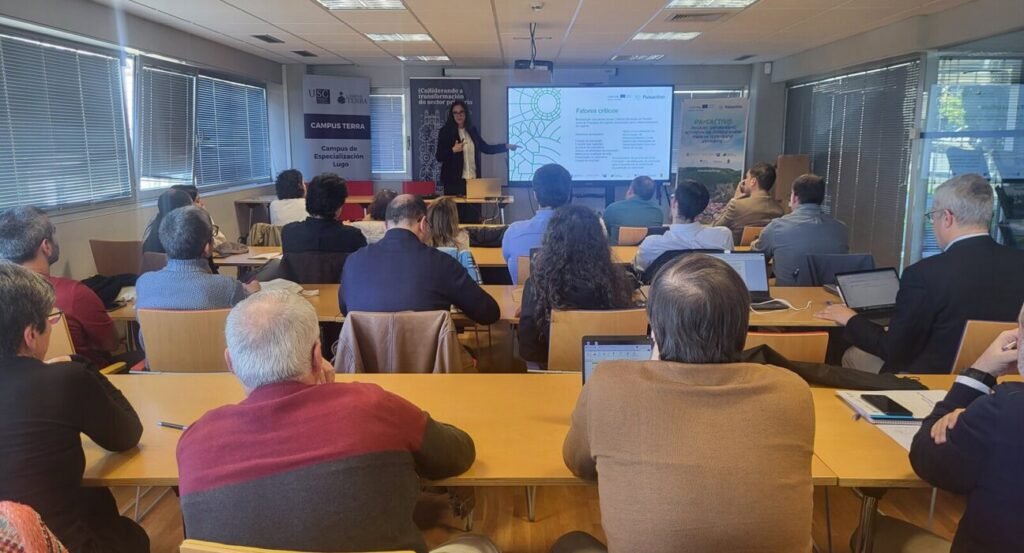
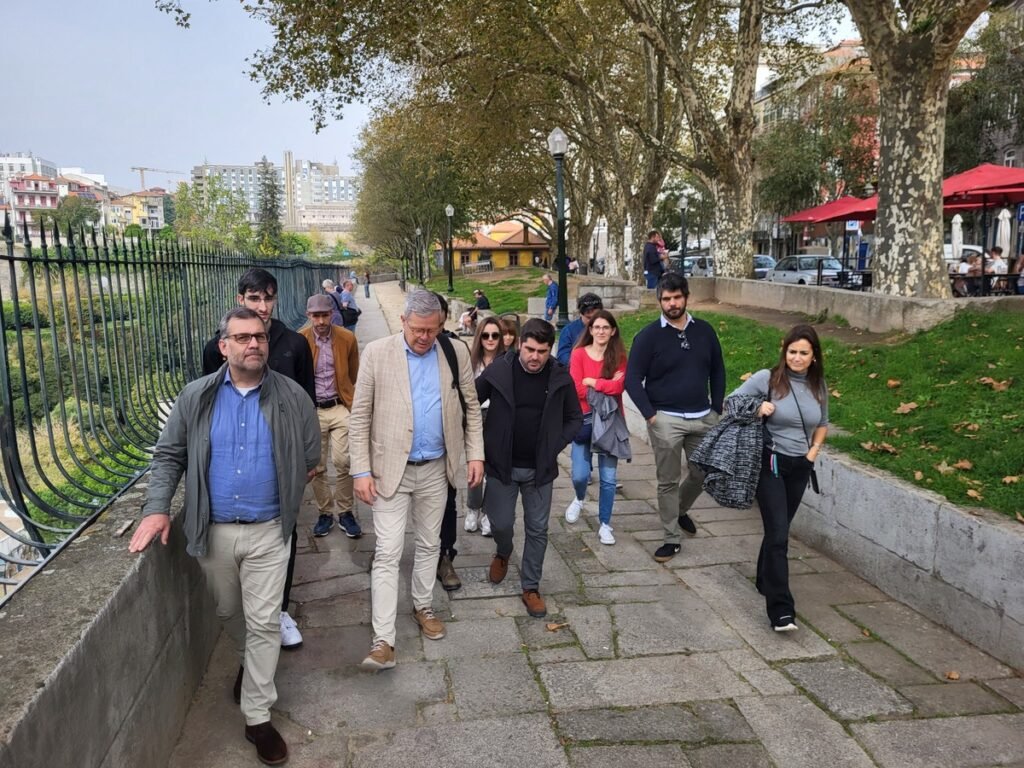
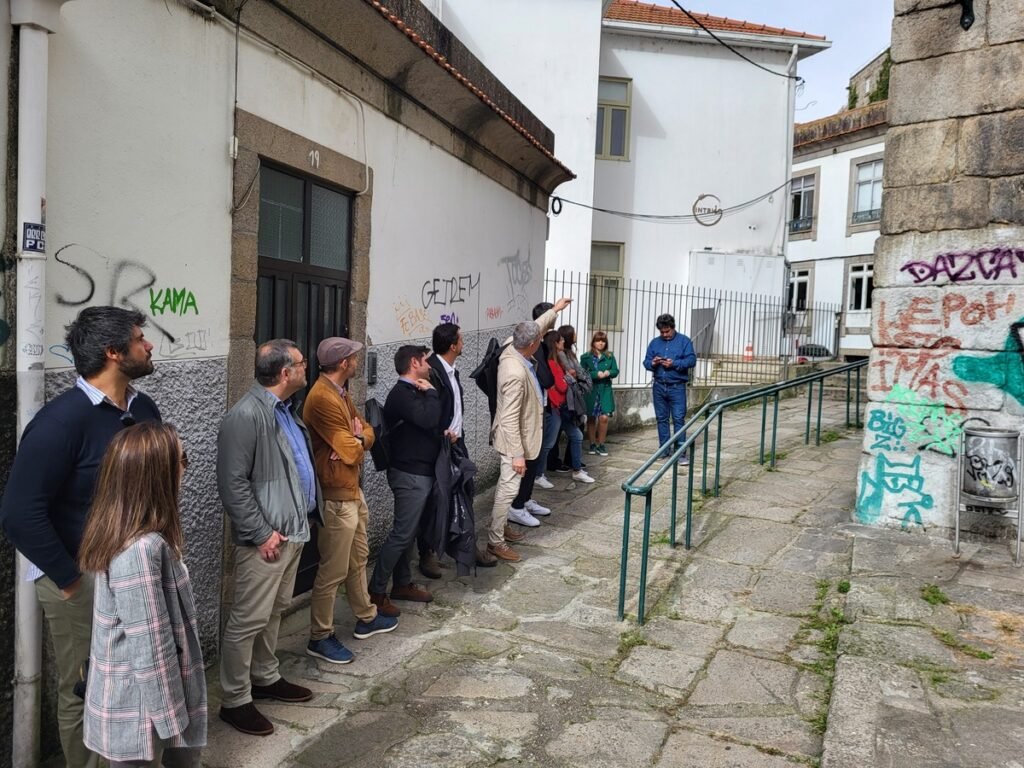
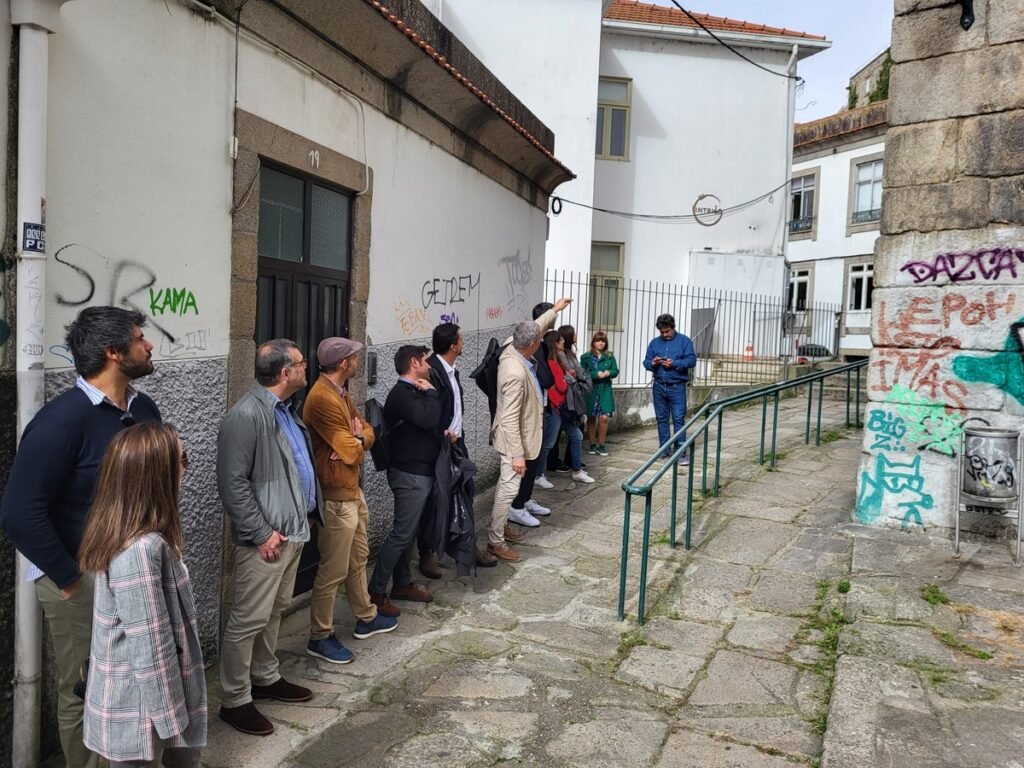
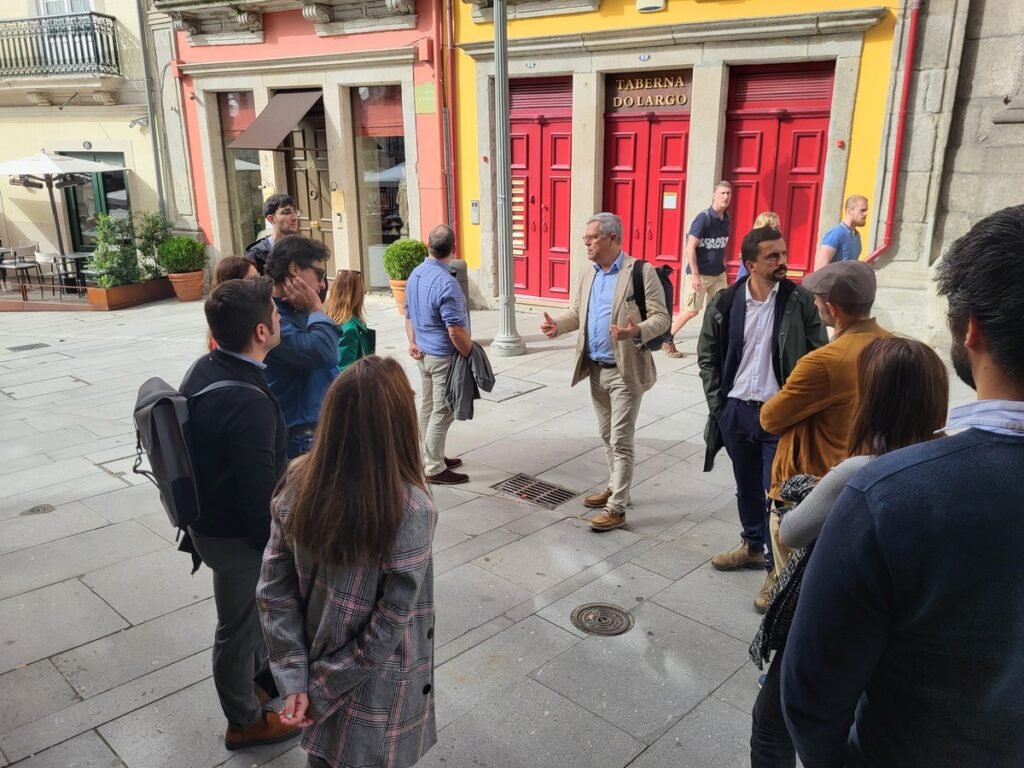
ALMOFRELA VILLAGE TO RECEIVE EUROPEAN PILOT PROJECT
PAISACTIVO is a project to enhance the territory, which is in line with Baião’s development policies and is part of a series of local and regional actions aimed at preserving, promoting and developing its vast natural heritage.
An investment of around 400,000 euros is planned for the village of Almofrela, in the Campelo and Ovil parish union, with the main focus on its preservation and dynamisation, implementing actions aimed at resilience in the face of forest fires, as well as infrastructural interventions aimed at its requalification and beautification, promoting a stronger sense of belonging on the part of the local community.
The Almofrela Hostel will also take on the role of Almofrela’s multifunctional space, which in addition to being an interpretive centre for the village and the Serra da Aboboreira, will promote a range of socio-economic activities that increase identity and a sense of belonging, not only for the local inhabitants, but also for all the people of Baion. Also included in the project, among other things, are urban arrangements around the chapel and the creation of a perimeter fire protection strip, where native trees will be planted.
With a total investment of 1.5 million euros, co-financed by POCTEC – Operational Programme for Cross-Border Cooperation between Spain and Portugal, in addition to the Tâmega e Sousa CIM and Baião City Council, this project includes six other partners:
On the Spanish side, the Galician Rural Development Agency (AGADER), project leader, the University of Santiago de Compostela, the Juana de Vega Foundation, and the Municipality of Monterrei, and, on the Portuguese side, the Faculty of Letters of the University of Porto and the Directorate-General for Territory.



